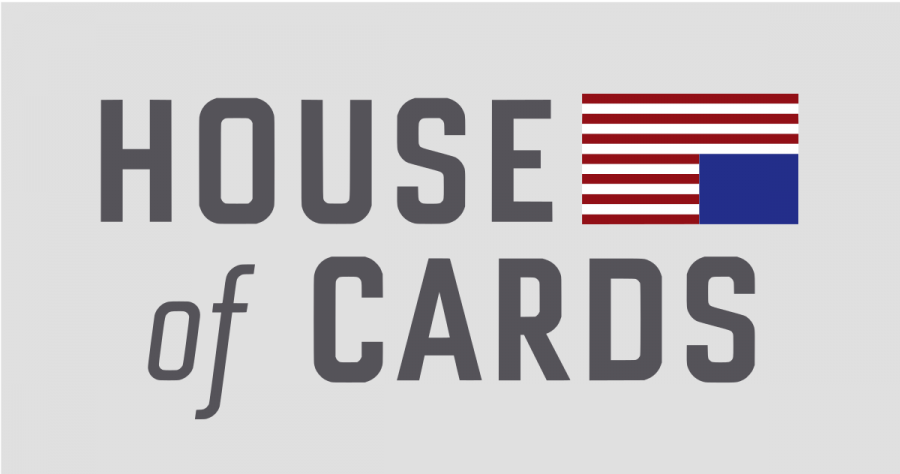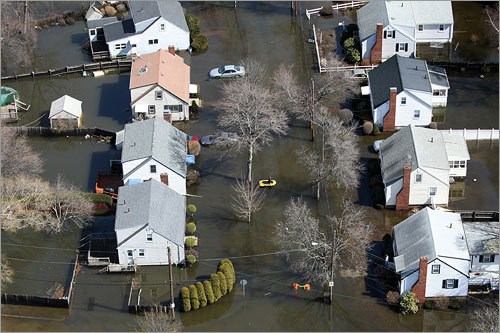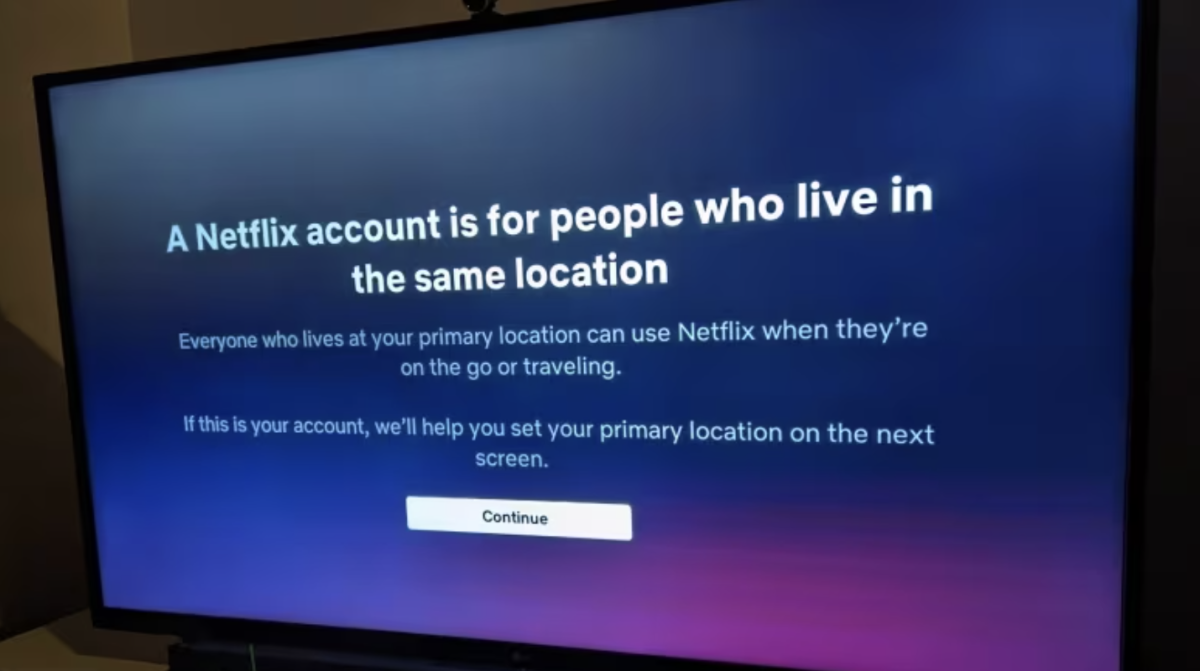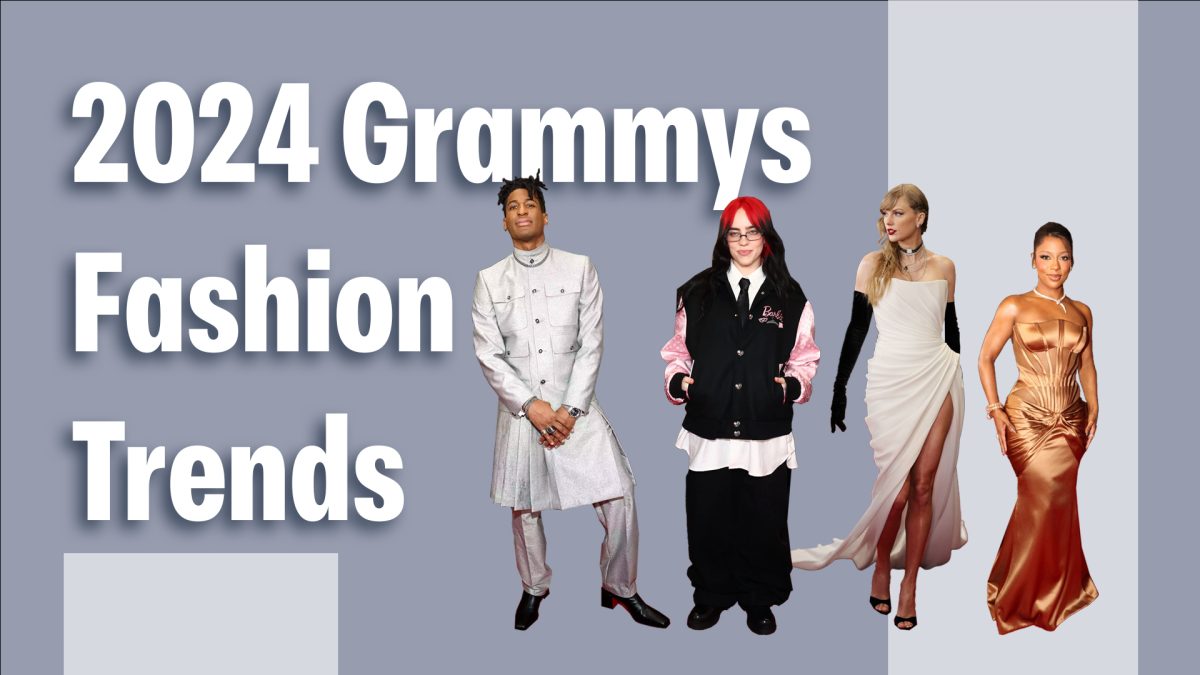As much as we hate to admit it, election day 2016 is next week. Having this in mind, it is important to reflect on the different voting processes (in-person and by mail) and how the current voting legislation, which varies state to state, reduces certain groups’ ability to vote in the U.S.
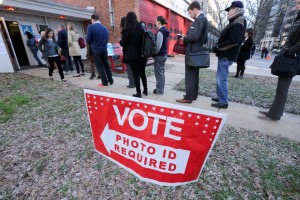
Before this editorial dives into evaluating voting requirements, a helpful tool to find out said qualifications is Google. Type in “absentee ballot process” into this search engine and a helpful widget pops up with information on how to vote by state, including requirements and when and where to vote. Unfortunately, the voting process is not the same everywhere, so it is important to complete it way in advance of election day.
According to Ballotpedia.org, 31 states has enforced voter ID requirements as of November 2016. This means that the majority of states require voters to bring some form of ID, such as a driver’s license, state-issued identification card, or military identification card. The breakdown of this statistic includes 15 states that demand photo ID and 16 states that ask for other forms of identification.
Critics of states that require IDs to vote argue that they deny certain segments of Americans their right to vote. These segments include low-income citizens, racial and ethnic minorities, and the elderly, who often do not have government-issued photo IDs, according to the American Civil Liberties Union website. As many as 21 million Americans fall into these categories and are hindered from voting, their first and foremost right as citizens.
Proponents of voter ID laws suggest that these rules prevent voter fraud, which is a valid point, but there is not sufficient evidence to back up this claim. However, the lack of evidence may be due to the fact that it is difficult to detect voter fraud, which Kris Kobach points out in his opinion article “Voting ID laws are good protection against fraud” in The Washington Post.
Republican Nominee Donald Trump has resurrected the public’s concern of voter fraud. This issue, however, is not considered a widespread issue, according to a recent study by News21, a national journalism initiative. The study found describes how, “2,068 alleged election-fraud cases in 50 states between 2000 and 2012 found the level of fraud was infinitesimal compared with the 146 million voters registered over the 12-year period.” In addition, the analysis discovered just “10 cases of voter impersonation, the only kind of fraud that could be prevented by voter ID at the polls.”
A streamlined voting process that is the same across all 50 states may be a plausible solution, but further research would be required. As we get ready to cast our ballots, we should take the time to appreciate the power we yield by voting but also be aware of how some segments of the population will not get to exercise that right because of voting requirements. What does that say about the validity of their muted voices? What does that say about America: Are we the land of the free, or land of the systematically oppressed?
















